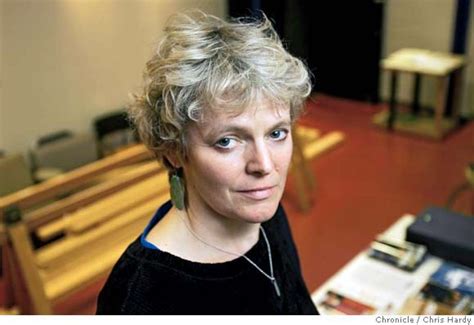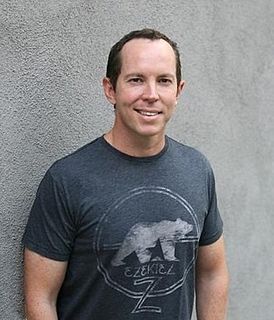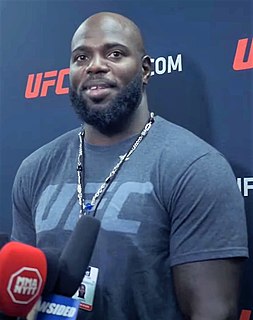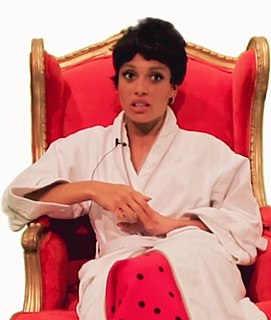A Quote by Larry Wall
You don't have to know the whole language to use it usefully, you can do baby talk, you can do grown up talk, you can cuss in it, you can write poetry, you can be a playwright, is sort of the idea.
Related Quotes
The angels don't care what words you use. They appreciate the engraved, fancy prayers, but they say, "Just talk to us." You can use ordinary language - the language you use when you talk with your best friend - when you ask for help. If you want to reach out to the angels for something very personal for yourself, you can say, "Dear guardian angels and archangels, I ask that you come to me now and help me resolve this problem or issue." And then you just pour out your heart to the angels. You can do it silently in your mind. You can say it out loud. You can write it.
I write in order to understand the images. Being what my agent . . . somewhat ruefully calls a language playwright, is problematic because in production, you have to make the language lift off the page. But a good actor can turn it into human speech. I err sometimes toward having such a compound of images that if an actor lands heavily on each one, you never pull through to a larger idea. That's a problem for the audience. But I come to playwriting from the visual world - I used to be a painter. I also really love novels and that use of language. But it's tricky to ask that of the theatre.
I feel like in the reading I did when I was growing up, and also in the way that people talk and tell stories here in the South, they use a lot of figurative language. The stories that I heard when I was growing up, and the stories that I read, taught me to use the kind of language that I do. It's hard for me to work against that when I am writing.



































